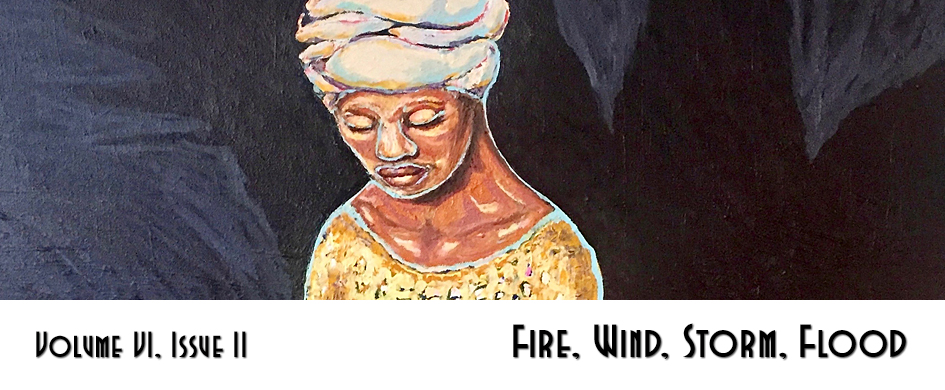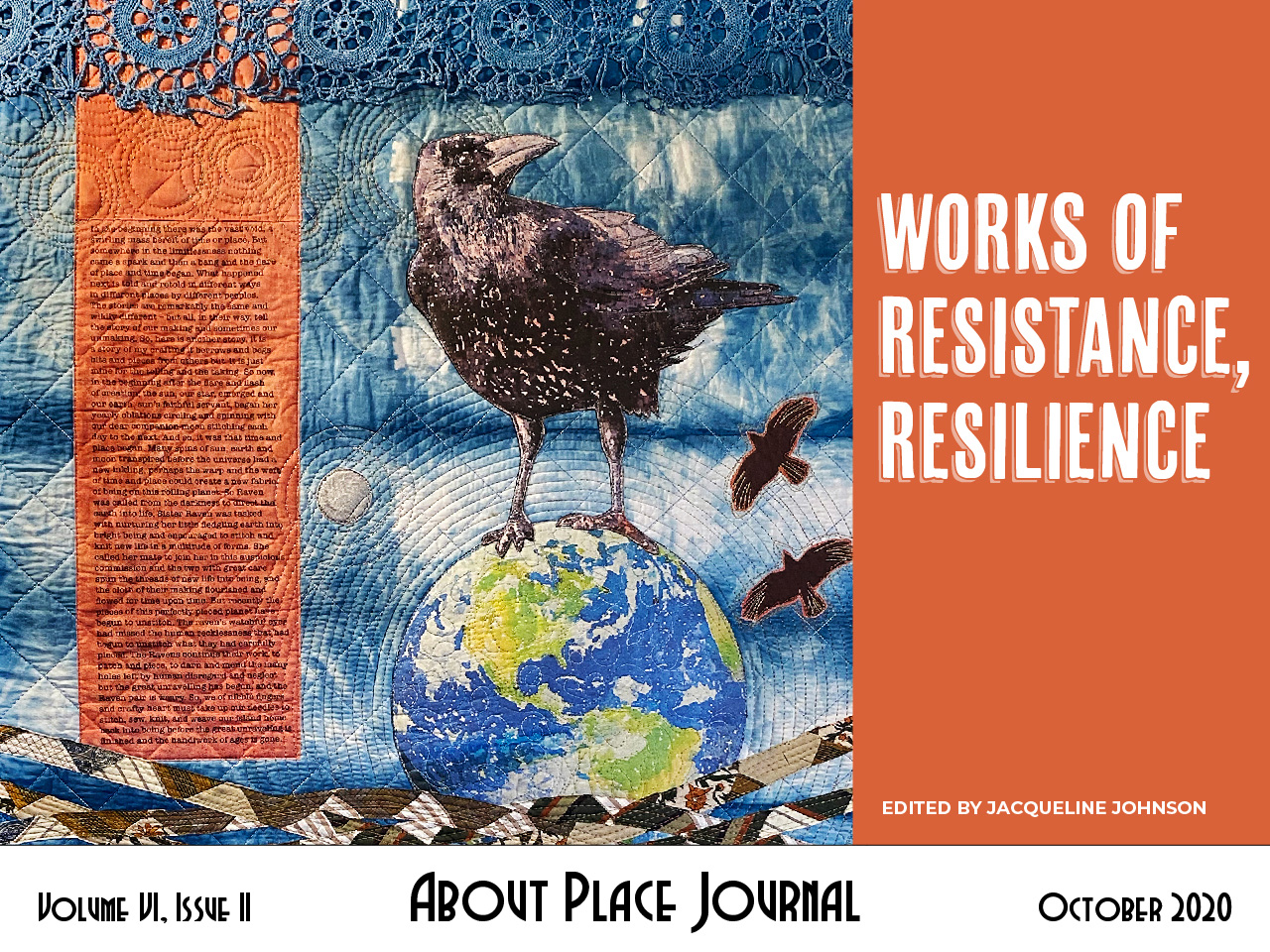Center for Biological Diversity
Each year, monarchs re-populate in the Corn Belt, that vast
agricultural region in America’s heartland where they lay their eggs
on milkweed plants in spring while migrating north to Canada.
My friend Cruz and I stand in what used to be a cornfield, now
his handiwork of garden plots for immigrant families and milkweed plants
to provide a landing pad for sojourning monarchs to lay their eggs.
Here, they reproduce, and the caterpillars are sometimes whisked into jars
and kept in homes, then freed after incubation to ensure that yet
another butterfly survives the season despite
their overall declining numbers worldwide. I hold
my own jar frocked with milkweed stem as Cruz tells me how long
until the caterpillar will incubate and how long incubation will be. But,
once home the caterpillar eats and eats its way up the stem in the jar
then dies there, a long white string extending from its body.
My daughter says that this string is a sign of a pre-existing parasite.
Not your fault mom, she says staring into her computer where she reads
all about monarch diseases and death. Still, that gnawing sensation
that I failed a whole species by not saving this one, not knowing
what could have been done to cure it of the tiny predator
under its flesh. Peering into the glass jar, insect shriveled and dangling,
I am reminded that three years ago, my family witnessed
my shaken mind as the memories of childhood sexual assault
came rushing back and, like a tiny predator, traveled through my psyche
feasting on the tissue of my present and future
with terrors from my past. They watched, but could do nothing
to save me from this unraveling and, in their own fear of exposure
as helpless and vulnerable gods, accused me then and there
of dying, then turned away—as I began, alone, working out my narratives
hoping they would appreciate my trying. The caterpillar
hung in the jar for a whole two weeks before I decided to clean it out
as I let our mutual helplessness exist between us, refusing to ignore
its obvious shame. Love is never a failure, a friend of mine tells me,
and I know he means to add, even if its lost.
I caress the side of the jar consoling myself concerning this dead would-be
monarch, its tiny fingerlike worm sutured to the lid
knowing how long and hard it fought to accomplish just this much.


